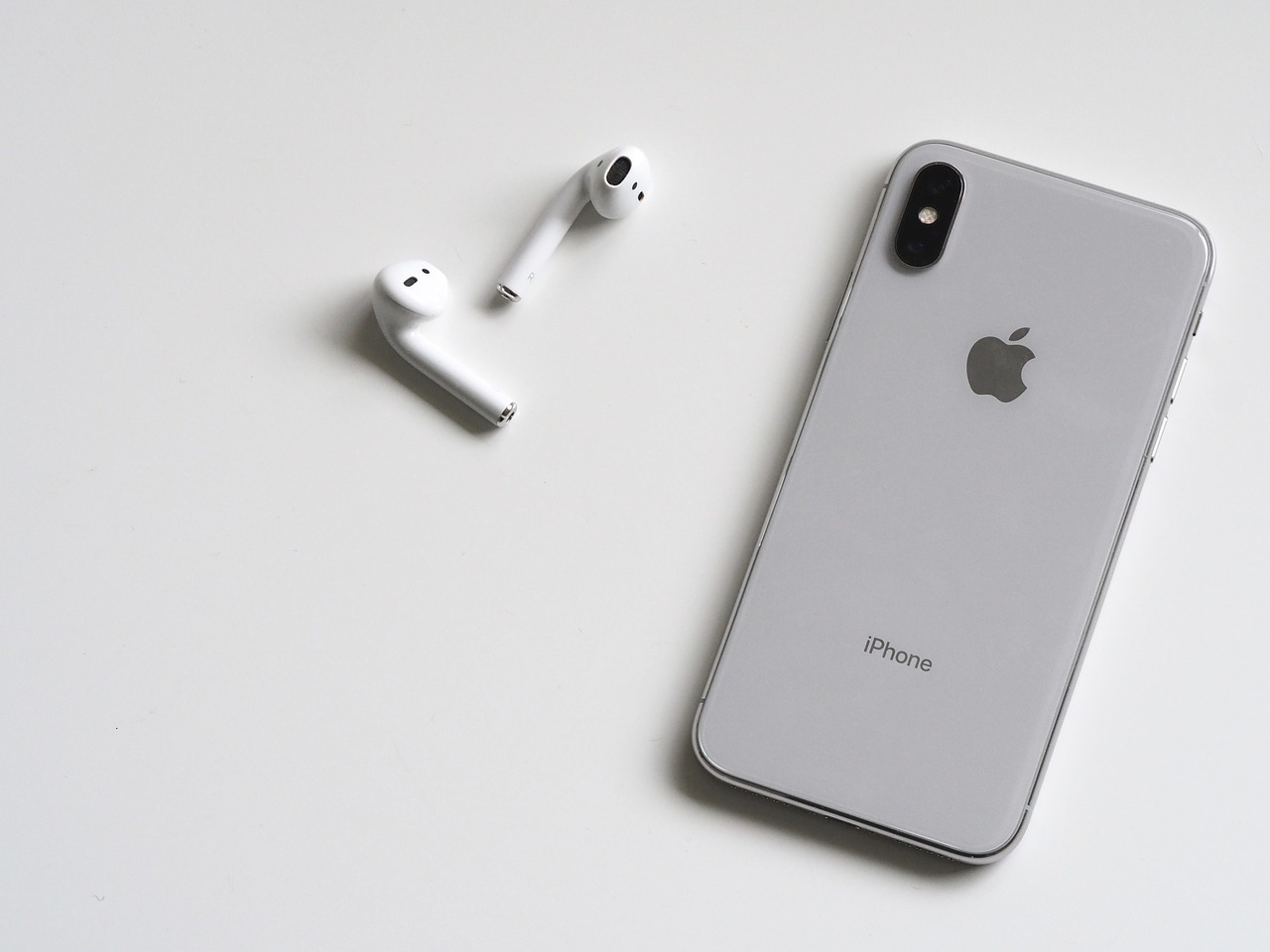From AI technologies to dual screen devices, we look at five rising smartphone trends to look out for in 2020.
1. 5G Technologies
It is inevitable: 5G is coming, and along with it, a new generation in smartphone technology. Qualcomm’s Snapdragon 865 chipset technology has been hailed as the flagship of 5G. Its release marks the start of a new era of Android phones, offering significantly improved performance.
Snapdragon 865 integrates 5G technology via the groundbreaking Snapdragon X55 5G modem, supporting download speeds of up to 7.5 GB per second, as well as a variety of special features, including dynamic spectrum sharing.
5G-ready smartphone models include: Samsung Galaxy S20 Ultra, Oppo Reno 5G, Oneplus 7 Pro 5G, Samsung Galaxy Note 10+ 5G, Moto Z3, Xiaomi Mi Mix 3 5G, Samsung Galaxy A90 5G, and Huwawei Mate 20 X 5G.
2. Augmented Reality
The augmented reality market experienced significant growth throughout 2019. As at May 2019, the userbase of AR-supported mobile devices reached 1.5 billion. This rapid uptick is not predicted to slow anytime soon, with big names like Apple, Google, Amazon, Microsoft, and Facebook all making significant investments in AR.
The latest AR advances were showcased at various global tech events in 2019, including the Consumer Electronics Show and Augmented World Expo. Experts predict that mobile AR technology will continue to experience rapid growth over the next 2 years, thanks in part to the introduction of Google’s ARCore and Apple’s ARKit software development kits.
A report published by Gartner predicts at more than 100 million users worldwide will utilize AR shopping technologies throughout 2020, sparking one of the hottest retail trends. A report presented by BRP suggests that 48 percent of customers polled confirmed they would be more inclined to buy from a retailer that offered AR experiences. With just 15 percent of retailers currently implementing AR as part of their mobile marketing strategies, analysts predict massive growth in AR applications in coming months.
Innovative companies like Uniqlo, Lacoste, and American Apparel have already deployed AR-friendly showrooms and fitting rooms, enabling customers to “try before they buy” in augmented reality spaces. Scandinavian furniture manufacturer IKEA now offers an app that enables users to point their phone at spaces within their own homes to see how different products would look.
Fashion, cosmetics, and lifestyle brands all stand to make significant gains by providing customers with this revolutionary technology. It will permit customers to try items before making their purchase. It will also facilitate the use of virtual assistants to provide personalized advice and optimize the overall shopping experience.
3. Foldable Devices and Dual Screens
Both Motorola and Samsung have invested heavily in developing smartphones with folding screens, with numerous other manufacturers quickly following suit. Chinese mobile phone manufacturer Huawei unveiled its second generation folding smartphone device in early 2020. Incorporating many features of the original Mate X, the Huawei Mate XS is an 8-inch tablet that folds outwards, featuring a regular smartphone screen on the outside.
Samsung has pledged that the Galaxy Fold 2 will solve the durability and design problems encountered in its first generation of folding phones. There have been suggestions that Samsung may deliver a premium ceramic option, as well as one with a stainless-steel frame, replacing the lighter, but less durable aluminium option. The Galaxy Fold 2 is due to be released in July 2020.
The Microsoft Surface Duo is a dual screen device. Some liken it to a tablet rather that a smartphone. Nevertheless, consumers can use the Surface Duo to make and receive calls, run apps and play games. The device is due for release in the latter part of 2020.
4. Service Subscriptions
For some time now, industry giants like Netflix and HBO have monopolized the streaming service sector. Apple is primed to break into new territory, offering streaming services to millions of customers around the world free of charge for the first 12 months.
In addition, for a monthly fee of $4.99, mobile gamers can enjoy Apple Arcade. Many predict that Apple’s foray in the entertainment and gaming sector may prompt its competitors to follow suit in an attempt to secure long-term customer loyalty.
5. Artificial Intelligence
Artificial Intelligence is playing an ever-increasing role in all of our lives. From smart homes and workplace automation to dating apps with intuitive algorithms, AI has had a massive impact on the way that we live day-to-day, helping our lives to run more smoothly and efficiently.
From digital marketing to mobile app development, AI offers unprecedented benefits to the smartphone industry. Virtually all of Facebook’s fundamental features rely on AI today, from utilizing image recognition in order to track down a specific friend, to filtering feed content.
Mobile AI technology holds vast potential in a variety of industrial sectors, particularly health technology. From on-site diagnostics to track-and-trace systems to fight outbreaks of Covid-19, mobile AI is predicted to revolutionize the medical industry.

